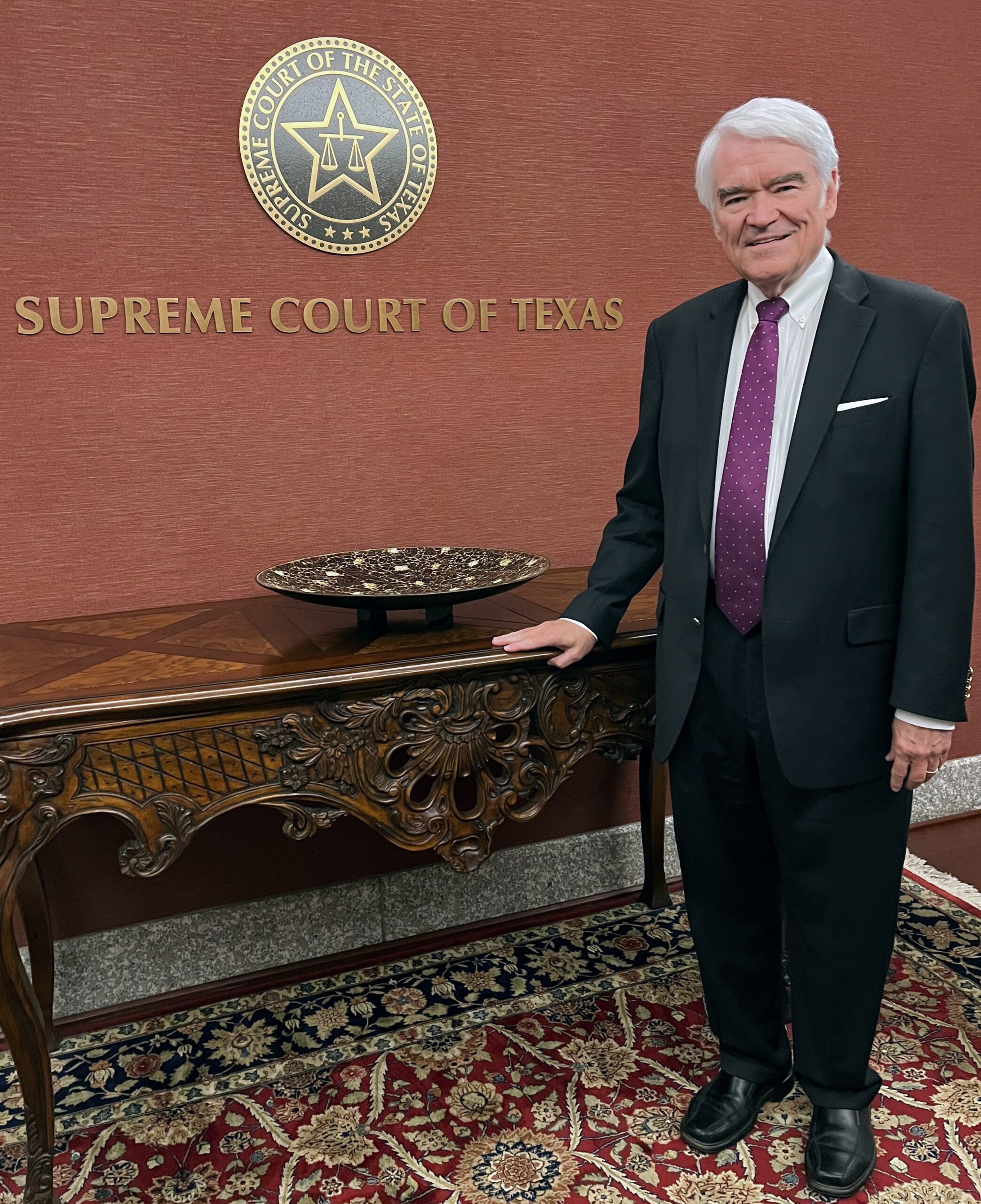Update: GOP Considers Appeal in Dallas Appeals Court Election
Thompson Coe litigation partner Matthew Kolodoski, a Republican candidate for the Fifth Court of Appeals in Dallas, will have to decide in the next few days whether he will challenge the official election results in his race against his Democratic opponent, Dallas Criminal Court Judge Tina Clinton. When votes were tallied on election night, Nov. 5, Kolodoski was unofficially declared the winner, leading Judge Clinton by 1,512 votes. But mail-in and provisional ballots were counted, there was a 3,000-vote swing in Judge Clinton's favor.

